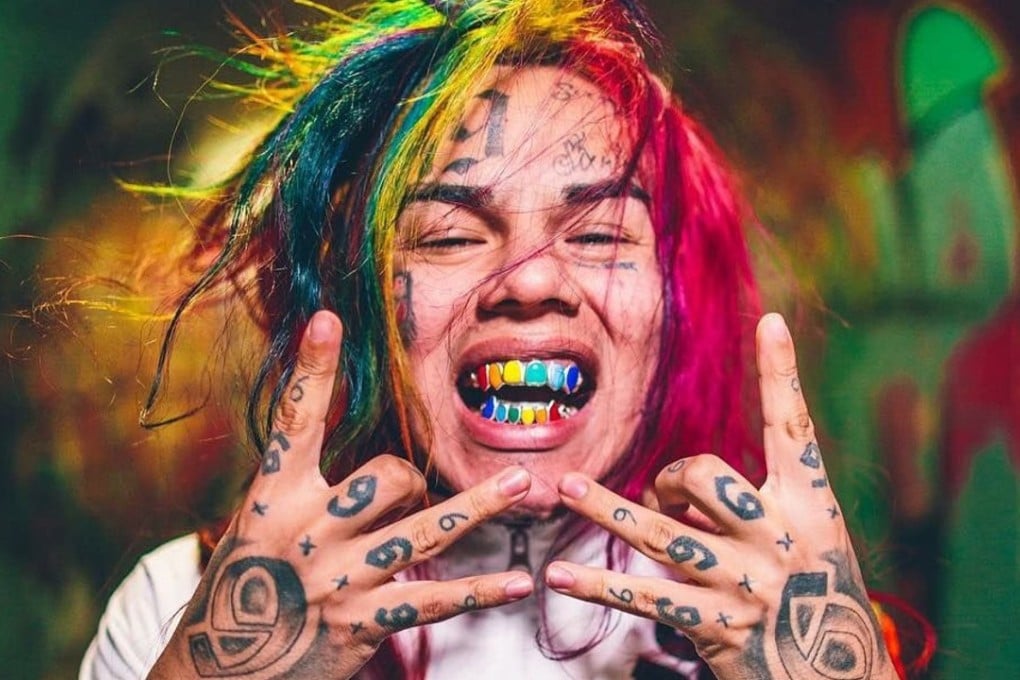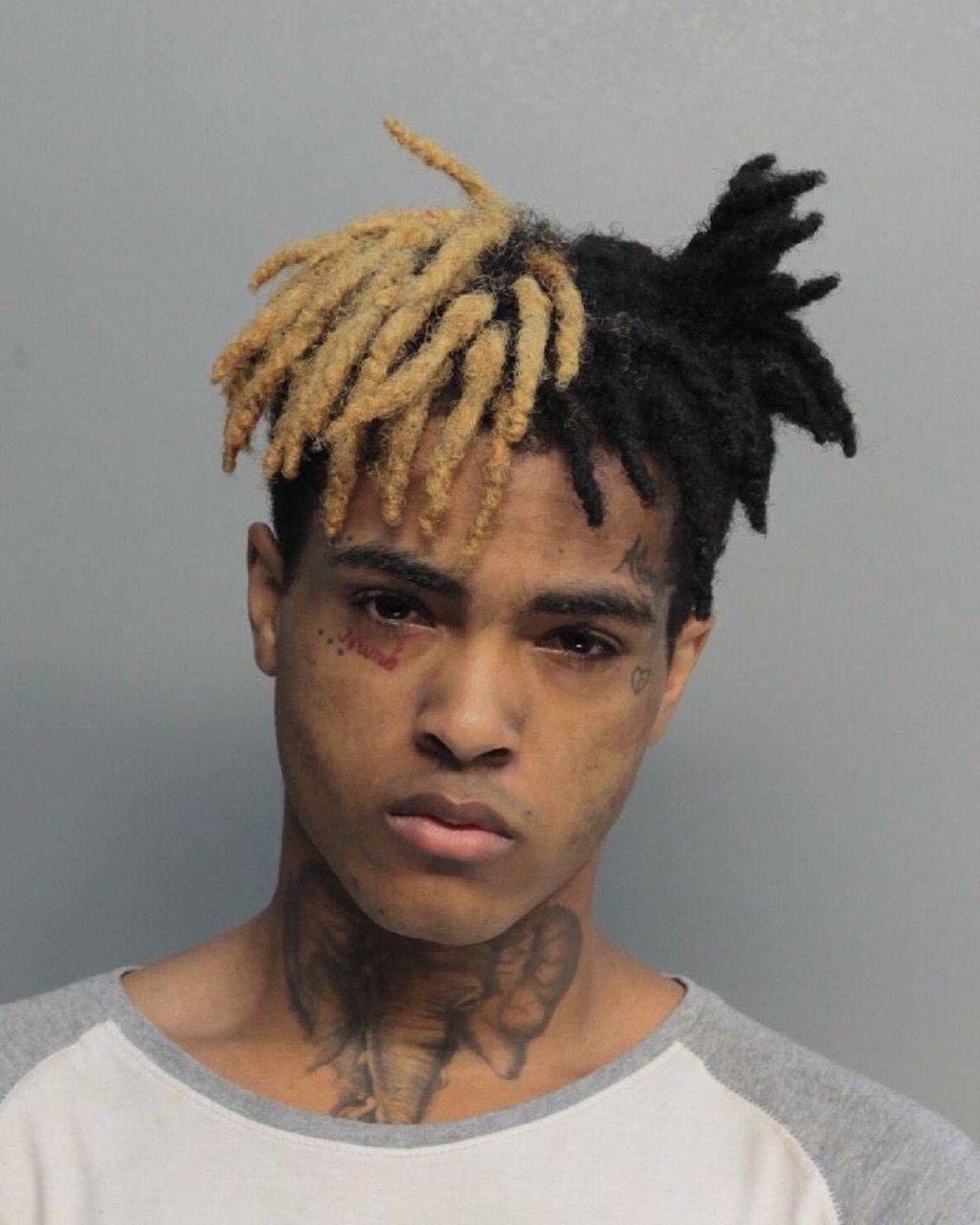Sex, drugs, violence and face tattoos: mumble rap explained
Also known as SoundCloud rap or emo rap, this new sub-genre of hip-hop mixes melodic tunes with slurred misogynistic lyrics about prescription opiates, pornographic sex, anxiety, loneliness and depression

Also dubbed emo rap or SoundCloud rap, this is an offshoot of mainstream hip-hop characterised by quietly mournful or noisily distorted production, rapped over by pan-racial MCs with an upscale skate punk aesthetic.
Face tattoos are de rigueur – one minor rapper in the scene, Arnoldisdead, has one of Anne Frank covering his entire right cheek – and the lyrical fixations are drugs and coldly pornographic sex.

The amorality isn’t necessarily just a pose: XXXTentacion, whose new album reached No 1 in the US last month, will soon be tried on domestic abuse charges of sickening violence, while 6ix9ine, whose rainbow-coloured teeth make him look like a poorly storyboarded slasher film protagonist, has pleaded guilty to the “use of a child in a sexual performance”.